The biggest problem filmmakers who shoot comedies face is that it is quite difficult to retain the hilarity and keep the audience laughing for the duration of a feature. The solution most find is to switch to drama at some point, with the movies quite frequently ending up as such despite their initial premises. Maha Haj, however, manages to both retain the comedy until the end, and to transition smoothly towards drama after a point in impressive fashion, through a great script that won the best screenplay prize at Cannes (Un Certain Regard) in 2022.
Mediterranean Fever screened at Warsaw Film Festival
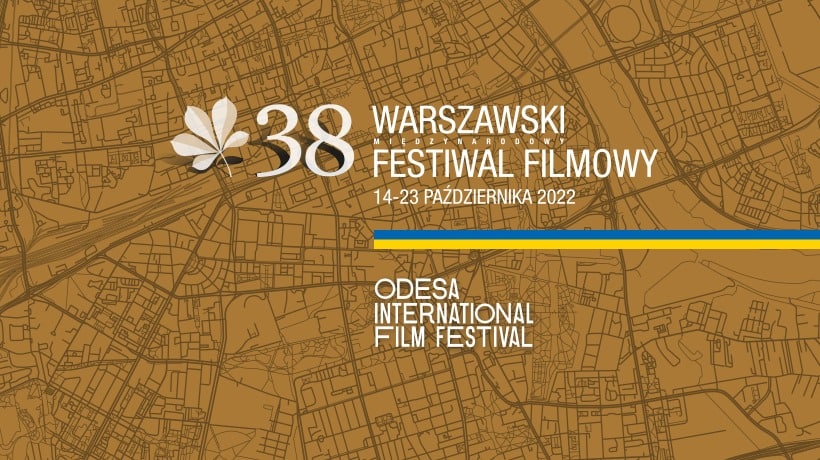
40+ aspiring writer Waleed's life is in shambles. He cannot finish his novel, no matter what he does, and his chronic depression is making things difficult for both him and his family, including his wife, teenage daughter and younger son. His wife wants one more child but he cannot even hear about it, his daughter is frustrated by his strict behavior, and his son seems to suffer from some sort of chronic illness no one is able to figure out. Things get even worse when a new couple moves next door, with the husband, Jalal, being a constant source of annoyance for Waleed, playing loud music all times of the day, having two rather aggressive dogs, and even worse, being a great host and quite polite with him. When Waleed learns of his neighbor's true nature and circumstances, however, his attitude changes completely, realizing that Jalal could offer a solution to his problems. Gradually the two become great friends.
Maha Haj highlights her knowledge of the issues Palaistinians face in Israel in the beginning of the movie, which moves, though, in intensely comedic paths, particularly through Waleed's behavior, whose sincerity is truly bone-breaking, as exhibited in the psychologist scene for example. The comedy becomes even more intense upon the appearance of Jalal, who seems to be everything that Waleed is not: cheerful, handy, social, an alpha-male of sorts, with the antithesis providing a number of hilarious moments.
After the party scene, though, when Jalal's other “traits” are also revealed, the movie gradually, and very smoothly, turns into a drama of sorts, particularly since the aforementioned revelation is accompanied by Waleed's transformation, in ways no one could have predicted before. The way that the “upper hand” changes ownership in the relationship of the two men, is also excellently portrayed, adding both to the drama and the comedy, until the shocking first finale, and the hilarious second one that concludes the movie.
All the aforementioned elements benefit the most by the acting of the two protagonists, with Amer Hlehel as Waleed, and Ashraf Farah as Jalal giving great performances, highlighting the differences of their characters, as much as their chemistry on screen. The latter's smile and the former's moodiness, and the ways both change throughout the movie are among the most memorable traits here, with the job done on the casting of the two definitely deserving a “well done”. Also of note is the presence of Samar Gupty in a small role, whose presence is always a pleasure.
If one would say something negative about the narrative is that the ending leaves some questions, while Waleed's relationship with his father and mother is mostly a “trick” for an ending solution than an organic element of the story. These, however, are just minor issues, and by no means do they harm the great sense the movie leaves at the end.
Antoine Héberlé's cinematography captures the claustrophobic setting the two protagonists inhabit with realism and artfulness, while also highlighting the beauties of seaside Jaifa. Véronique Lange's editing results in a relatively fast pace that benefits the episodic style of narrative here, while adding to the entertainment the movie offers.
“Mediterranean Fever” is an excellent film, excelling in acting, script, direction, while combining comedy with drama and social commentary in the best fashion.


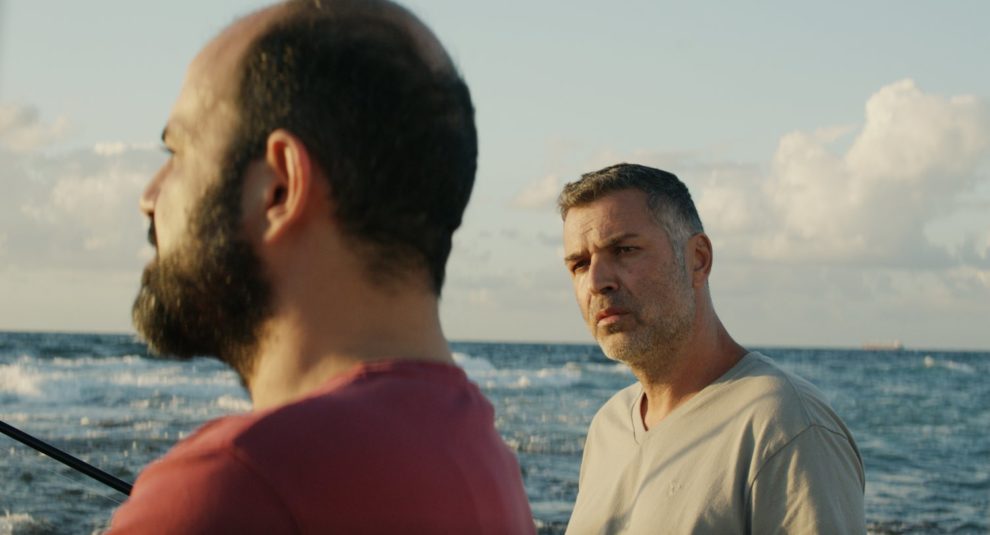

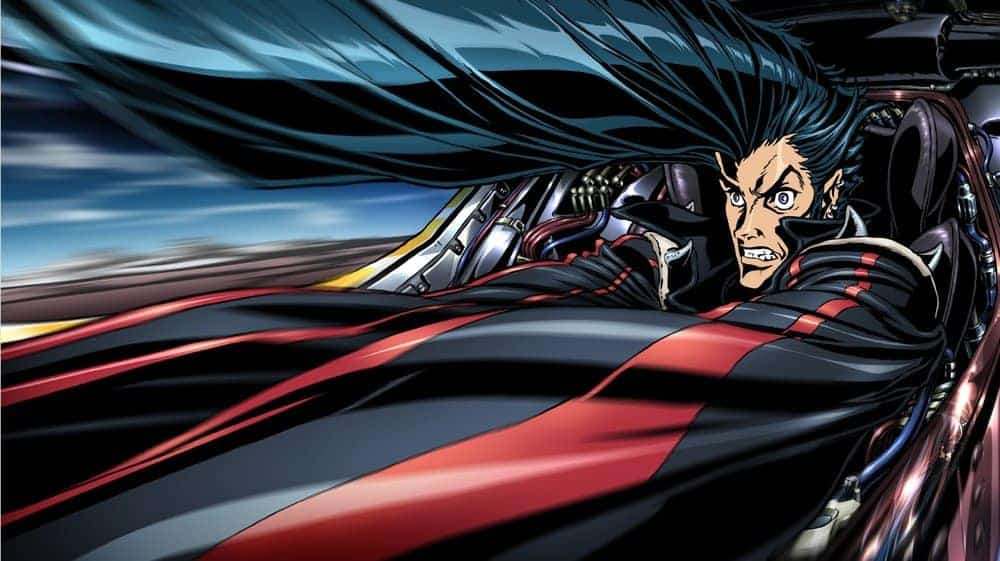

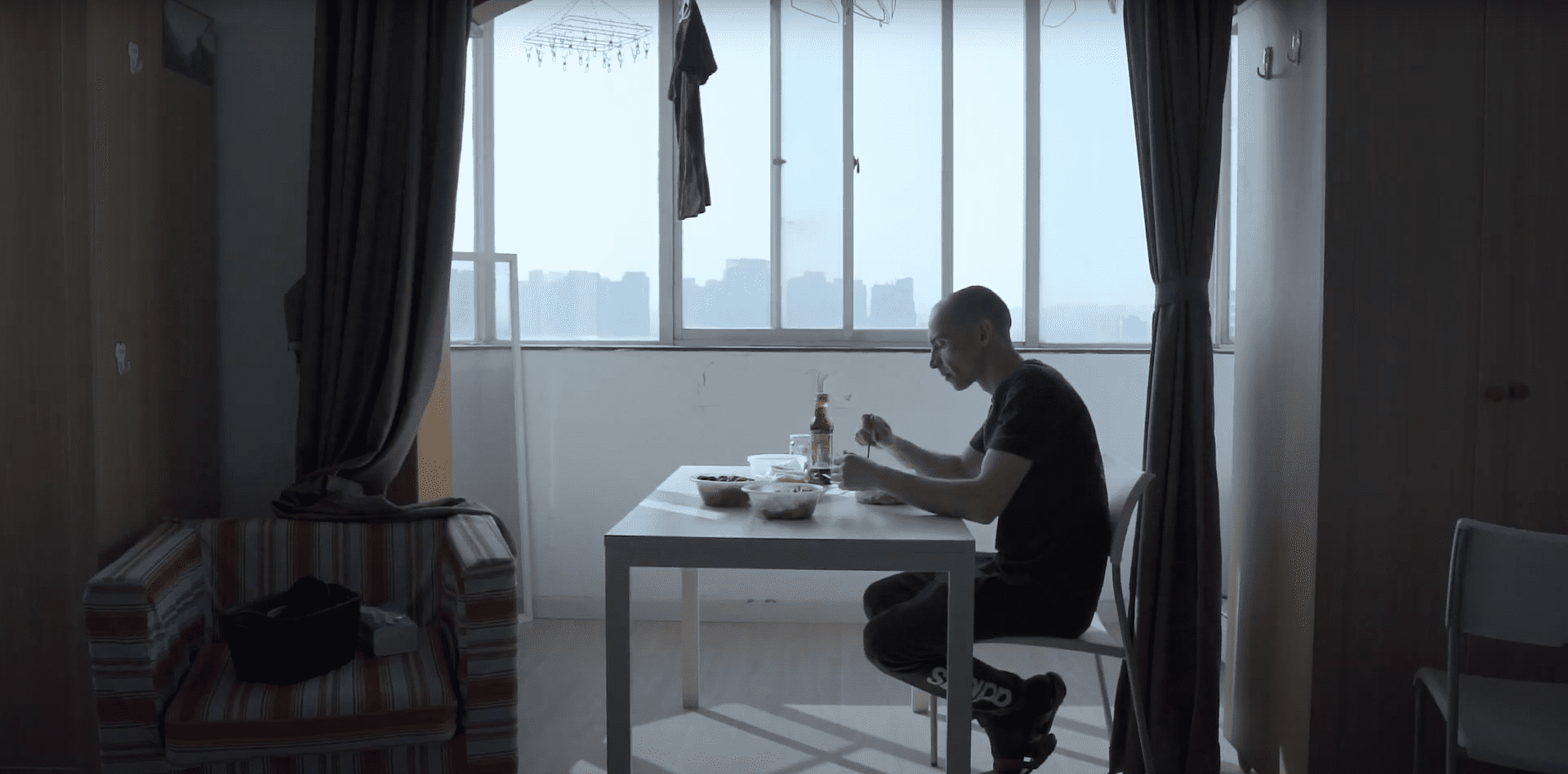
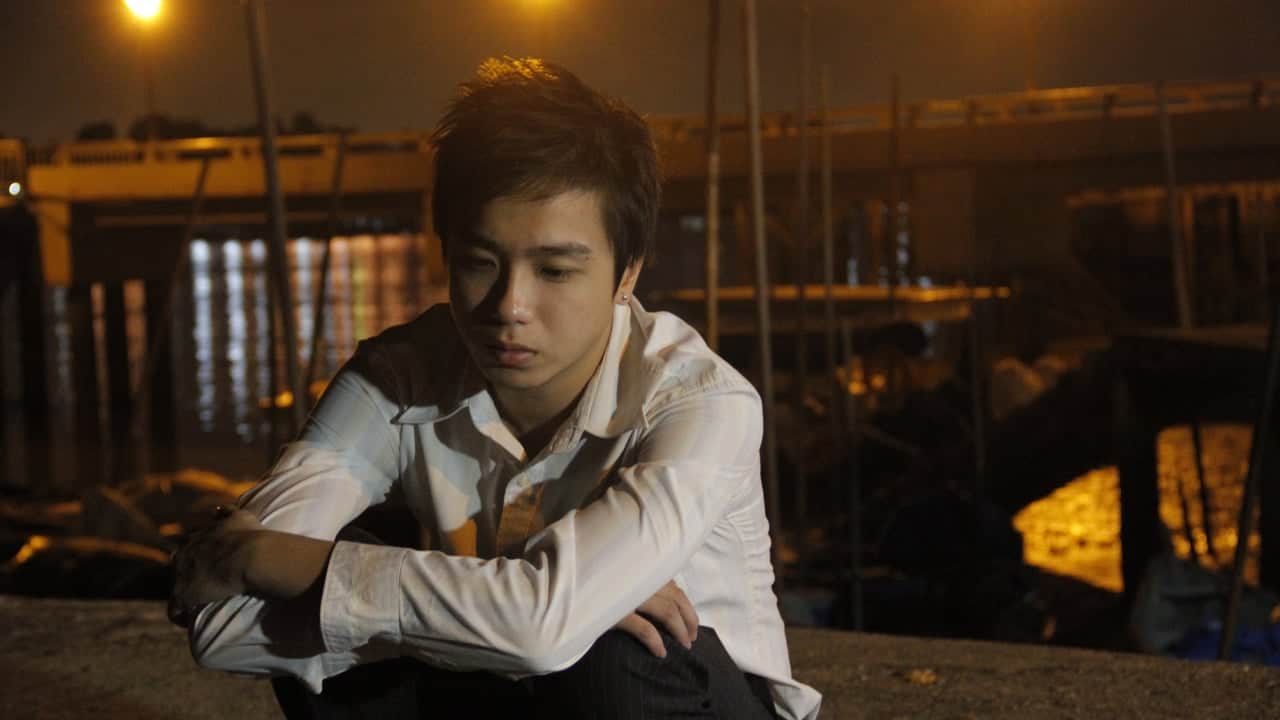









It is impossible not to admit that there are few good traits in the national character, for the subject of it is the crowd.